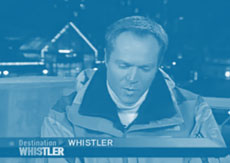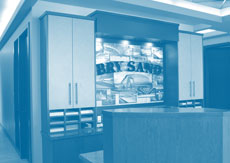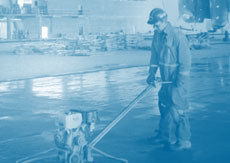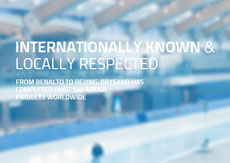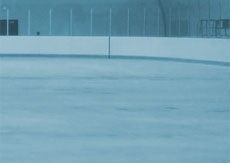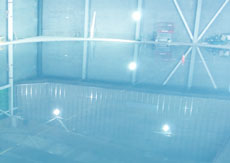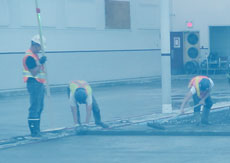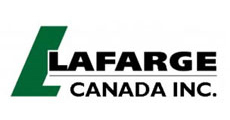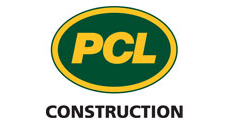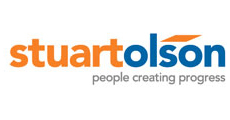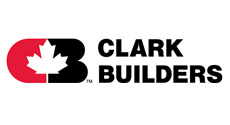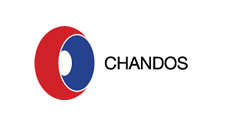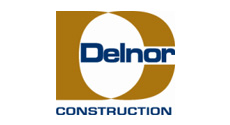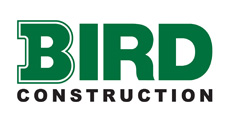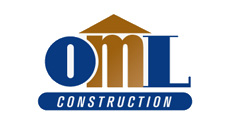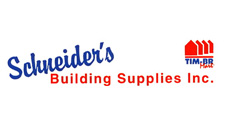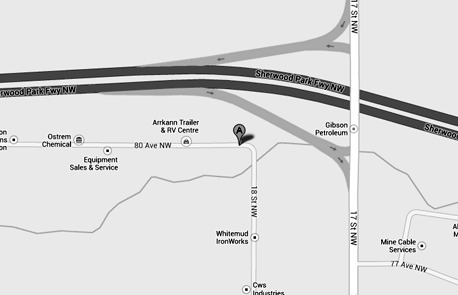Frequently Asked Questions
We're Here to Help

Q: Who's the dog?
A: She's in charge of security and resides within Bry Sand headquarters in Edmonton, Alberta.
Q: Can't any concrete contractor put in an arena floor?
A: Some might be able to, but an arena floor is a very challenging and specialized type of concrete work, especially when refrigeration is involved. Building a floor that's uniformly flat, structurally sound and incorporating refrigeration piping is a science. Bry Sand has more experience than anyone else in the business. Trust us, you don't want a contractor to learn how to build an arena floor at your expense. And few things are more costly and embarrassing than ripping out a poorly made (but initially cheaper) floor.
Q: Concrete is concrete. Isn't it?
A: For some applications, the kind of concrete may not matter a lot, but arena slabs are not among those. In fact, we've perfected our own proprietary concrete mix to achieve better consolidation, limit shrinkage and slab curling, improve refrigeration quality and surface durability than can be attained with stock mixes others use.
Q: What's the biggest refrigerated rink pad you've ever made? What was the toughest?
A: That would be our pride and joy (so far). The 400 meter long track speed skating oval in Richmond, BC used for 12 medal events at the 2010 Olympic Games in a structure built to seat 8,000 spectators. It's made up of 1.1 million cubic feet of concrete and 5.5 million kilograms (12.3 million pounds) of rebar. Again, the Richmond Speed Skating Oval, built on a river delta composed of thick and unstable sediments, right atop a highly active seismic zone. Bry Sand was brought in to build a slab that will last for decades and provide for the flattest and fastest speed skating oval in the world.
Q: How do I know Bry Sand builds the flattest arena floors? Can't anyone make that claim?
A: Only by comparing survey results. Rather than measure the pad ourselves, we contract surveying to an established independent company whose own reputation is on the line, so the customer is assured we've done the best possible job.
Q: Are there energy efficiency concerns an owner should have?
A: Yes! The consistency of the finished floor elevation has a huge impact on the thickness of ice required and subsequently the power demand for plant operations. A wavy concrete floor requires more water to flood. The extra ice thickness requires more power to keep frozen and often results in a poor quality surface for sport users.

